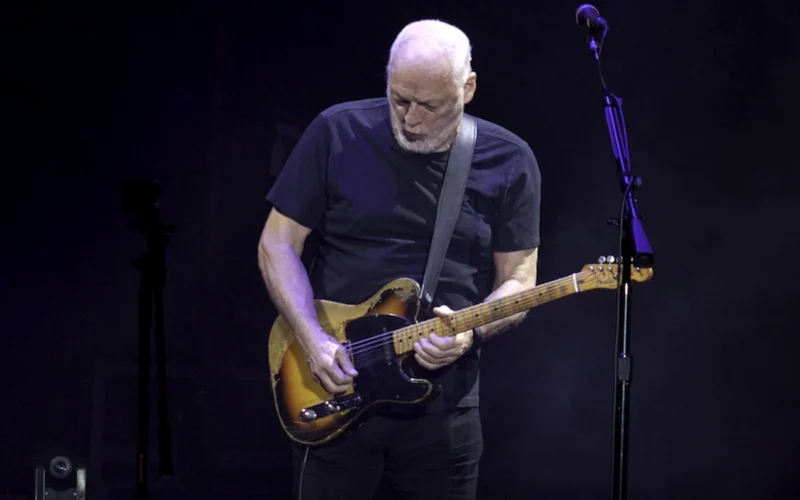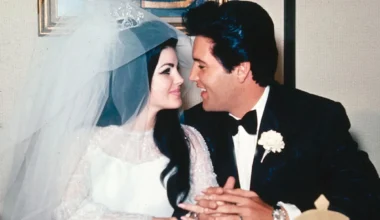Arranging a list of the all-time greatest guitarists can be a challenging pursuit, often skewed towards a particular style. Most top ten rankings feature Jimi Hendrix as the frontrunner, followed by crucial luminaries like Jimmy Page and Eric Clapton. These lists, however, often disproportionately favour the speed-driven electric rock guitarists, overshadowing the brilliance of jazz and acoustic virtuosos. Amid this dynamic, one name consistently emerges: David Gilmour of Pink Floyd.
While undoubtedly an iconic figure in the realm of rock guitar, Gilmour distinguishes himself from the likes of Hendrix, Page, and Clapton through his embrace of silence. Where other guitarists strike awe with virtuosic fret coverage and notes per second, Gilmour leaves jaws hanging with sheer patience, composure and tone.
Through years of dedicated practice and innate talent, Gilmour has been able to craft arresting lead solos of precise tone, modulation, and rhythm. Without a doubt, these compositions have offered an irreplaceable facade to much of Pink Floyd’s celebrated oeuvre. Despite his majesty, Gilmour still finds himself awestruck by other guitarists from time to time.
During an interview with Guitar Classics in 1985, Gilmour was asked where his education began. “I was a blues fan, but I was an all-around music fan,” he answered. “For me, it was Leadbelly through B.B. King and later Eric Clapton, Roy Buchanan, Jeff Beck, Eddie Van Halen and anyone you care to mention. Mark Knopfler has a lovely, refreshing guitar style. He brought back something that seemed to have gone astray in guitar playing.”
Gilmour was then asked whether he tried to emulate other players during his rise to stardom and beyond. “Of course, there were many,” he said. “I was trying to learn 12-string acoustic guitar like Leadbelly; at the same time, I was trying to learn lead guitar like Hank Marvin and later Clapton. All of those different things had their moments and filtered through my learning process. These days I don’t listen to other people with the objective of trying to steal their licks, although I’ve got no objections to stealing them if that seems like a good idea. I’m sure that I’m still influenced by Mark Knopfler and Eddie Van Halen as well.”
“I can’t play like Eddie Van Halen,” Gilmour admitted later in the conversation. “I wish I could. I sat down to try some of those ideas, and I can’t do it. I don’t know if I could ever get any of that stuff together. Sometimes I think I should work at the guitar more. I play every day, but I don’t consciously practice scales or anything in particular.”
During a Q&A session at the Odeon in London in 2007, Gilmour was asked to name a guitar solo we wished he could have written. First, he mentioned the song he would love to have written before honing in on the question.
“There are so many, that’s very hard to answer,” he said. “I think for me, about the perfect pop song is ‘Waterloo Sunset’ by The Kinks. I’d love to have written that. Absolutely great. Guitar-wise, maybe ‘Albatross’ by Fleetwood Mac.”
The 1968 Fleetwood Mac classic, ‘Albatross’, was an instrumental composition written by Peter Green, the band’s early leader. Although the track was released as a stand-alone single, it was later included in the compilation albums The Pious Bird of Good Omen and English Rose. Listen below.






